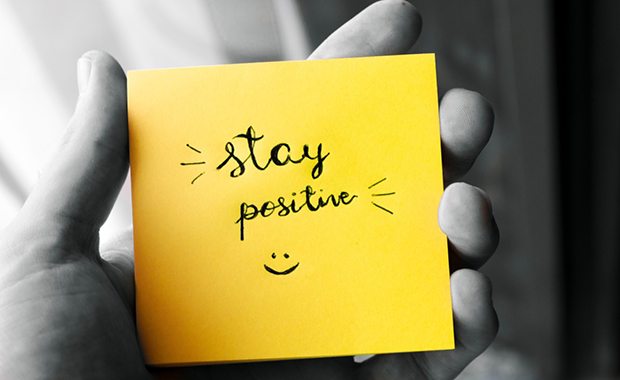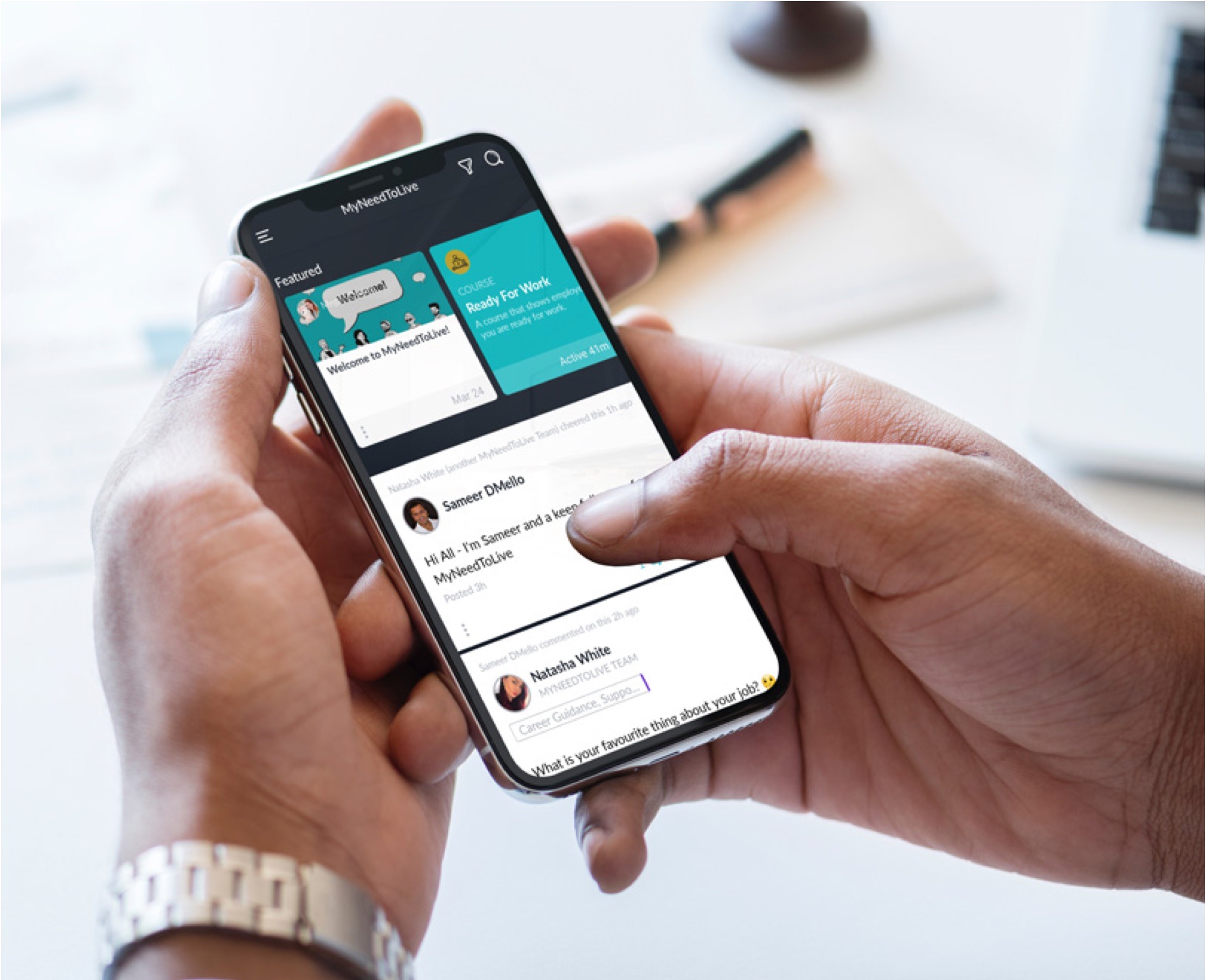
Positivity is underrated, having a positive attitude can really shape your outlook of what is around you and it can have a massive impact on people that are close to you even without you realising that. Some people are naturally positive, while others seem to always see the glass half-empty. But what exactly makes people positive? Well here are some if my thoughts on this:
Bad things happen to everyone, it is up to us to decide how to deal with a bad event. That guy who is always smiling and seems always happy, I bet you that even he has his bad days sometimes. What differentiates those types of people is that bad days do not define them and do not dictate their mood.
Working in customer service jobs during my Uni years I learnt to have a thick skin, when you have to deal with hundreds of customers a day, you are bound to have some bad encounters and get sworn at or get into an argument. The key for me is to compartmentalise those experience and move one without dwelling on them too much.
I remember when I was working at the call centre of a big UK bank, I was once speaking to a client who was super angry because he had sent a payment and it had not arrived in time. He “kindly” decided to take it out on me. After the call I felt so “down” and the rest of my day was ruined. With time though, you learn to put things into perspective and to not put too much importance on such events. Positivity is something you can train for but it is not easy.
A couple of days ago at work I was having a chat with my manager and he said something that really struck me. He said “Paul, you’re the person in the team that is always positive and you bring up everyone around you”. I had never thought of it that way.
Did you ever have that person in your circle of friends of family who is always complaining? They could have just won the lottery and they would say “Yeah but now the press will want to talk to me, everyone will want to be my friends, I hate all of this attention”. And all I would think about is “Dude, you just won the lottery, WHAT are you complaining about?”. This might be a silly example but it shows you that you can literally complain about anything if you really want to.
Those types of people will tend to drag other people down with them, if everyone around is miserable and negative all the time, eventually you will start seeing the world through this negative lens as well. The good thing is that it works both ways, positive people have the same effect. If you are always around positive people who can see the good in every situation, this will help you be more positive.
Now people might be wondering, what can I concretely do to be more positive in my day-to-day life? Start by being aware of when you are complaining about something and being negative, just stop and try to think of how you can turn this situation into a positive one or about some positive aspects you can draw from that moment.
Another thing I saw people do a lot is journaling, in particular, writing down every day a couple of things that you are grateful for. This will force you to think. What what are those things that you might be giving for granted but you are so lucky to have? It might be family, it might be health, or it might be your lovely dog. We all have something, we just don’t think about it as often as we should.
To wrap up, positivity is a skill, as with any skill you can work on it an improve it. Don’t be the guy that moans all the time, be the person that finds solutions to problems and helps people around them.
Whether you want to grow your skills, get picked up by an employer who needs your specific knowledge, earn more qualifications for your CV, or some combination of the three, the My Need to Live community is here to support you.
Join the platform 01 March 2023
01 March 2023
 30 October 2022
30 October 2022

The My Need to Live Support Directory is a resource created by us to help 16 – 24 year olds find the help, support, organisation or practitioner you need to help them with their wellbeing when they need it.
Support directory
Paul Madassery